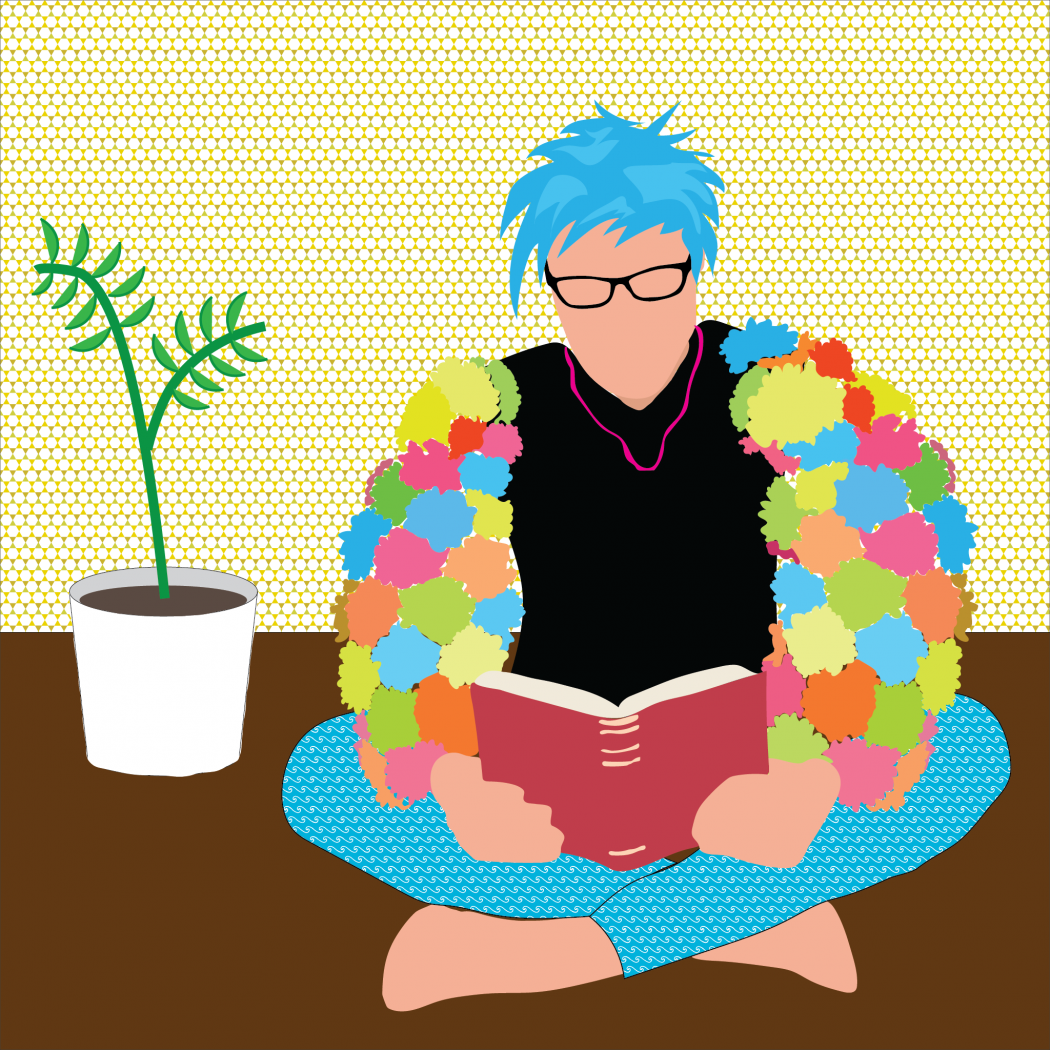Opinion: The maturity myth
In the West, college is widely considered to be a transitory period between childhood and adulthood, a rite of passage and a time of maturation. It is the time where we supposedly learn to take life seriously and adopt responsibility. As a college student myself, I have had many opportunities to reflect on the idea of maturity in my own life, and how society more broadly views maturity.
Maturity is a quality that is often defined by what it is not, by the absence of certain traits more than anything else. Our culture often ascribes a personality-based stigma to the idea of maturity; we have an ideological view of what it means to be mature. Many would be hard-pressed to positively define what it means to be mature, but could easily point out qualities that are considered immature, such as spontaneity, overt enthusiasm, and outspokenness. This orthodox view of taking life seriously does nothing more than impose an ideology of rigidity on us, stifling the human elements that make us who we are.
Despite what some might tell you, maturity is not a personality trait, but a lens through which we view the world. To take life seriously means to live intentionally. It means to think for yourself, to seek reasons behind things, and to create your own ideological path forward through life. It means to never do anything without a purpose in mind and it means to never accept anything at face value.
I would argue that a comedian, who is largely considered immature because of his humor, but analyzes and critiques the world around him, takes life more seriously and lives more intentionally than the stable corporate employee who has simply taken the path society imposed on him, without question or contemplation. To me, the latter does not indicate maturity, but instead a lack of real critical engagement with his surroundings, and therefore a lack of maturity.
Jack London famously wrote that “the proper function of man is to live, not to exist.” To truly live means to express the full range of human emotions, even some that might be considered immature by the general public. To joke, to laugh, and to be spontaneous are not immature behaviors, but expressions of life itself. What a shame it would be if one were to disconnect from these emotions merely for the sake of feeling like they are an adult.
Some might argue that we can still express a full range of human emotions, just not in the workplace. They might argue that there is a time for work and a time for everything else. The average adult spends just about sixteen hours awake per day. Working takes up most of our time awake, usually eight to nine hours a day, and this results in spending most of our lives working. If someone were to suppress themselves in the workplace, they would eventually realize that they spent nearly half of their life merely existing, and not living.
Samuel Taylor Coleridge said that “Genius is the power of carrying the feelings of childhood into the powers of manhood,“ and I couldn’t agree more. Instead of suppressing our personalities for the sake of maturity, we should look to engage our personalities with our work, to channel our traits into creative outlets.
You are alive. What a wonderful opportunity. It is a tragedy that many people reject the truest parts of themselves for the sake of social conformity. We may be social creatures, but at what point do we become so social that we lose ourselves in the process? We need to learn to utilize the vital childlike energy and imagination that society often suppresses. It will help us to be who we are, and potentially, help us to magnify our callings in this life. Love life in all of its “countless, inexhaustible manifestations,” as Leo Tolstoy once said. You can take life seriously without losing what makes you who are. It’s time to stop existing, and to start living.

Kristian Fors is a student at Utah State University majoring in Economics and is an opinion columnist for the Utah Statesman.

